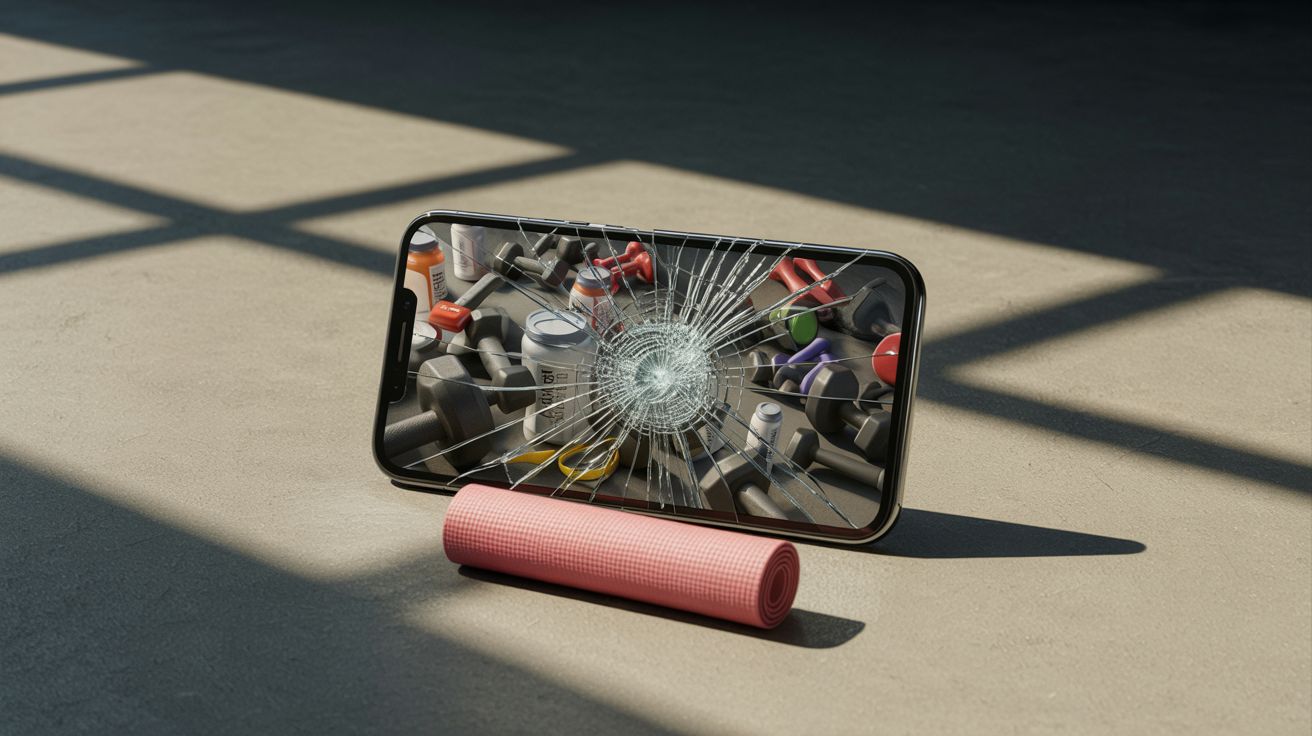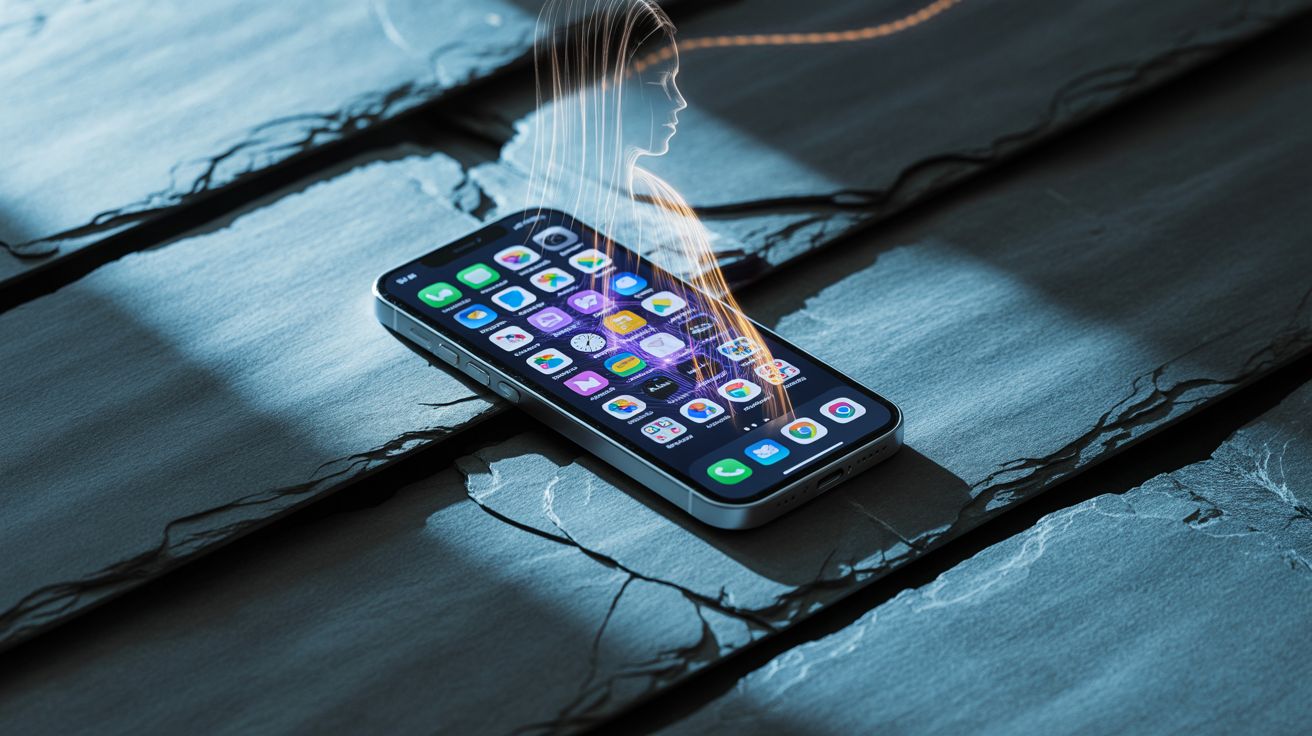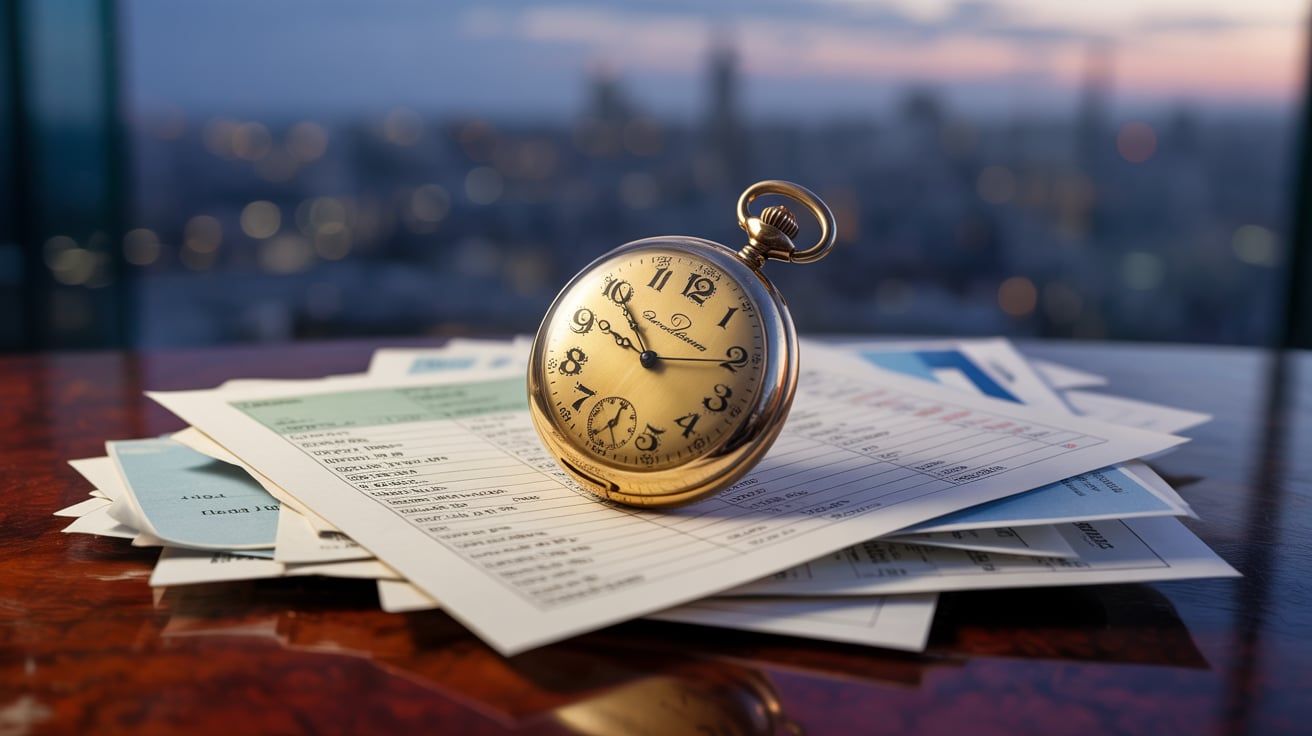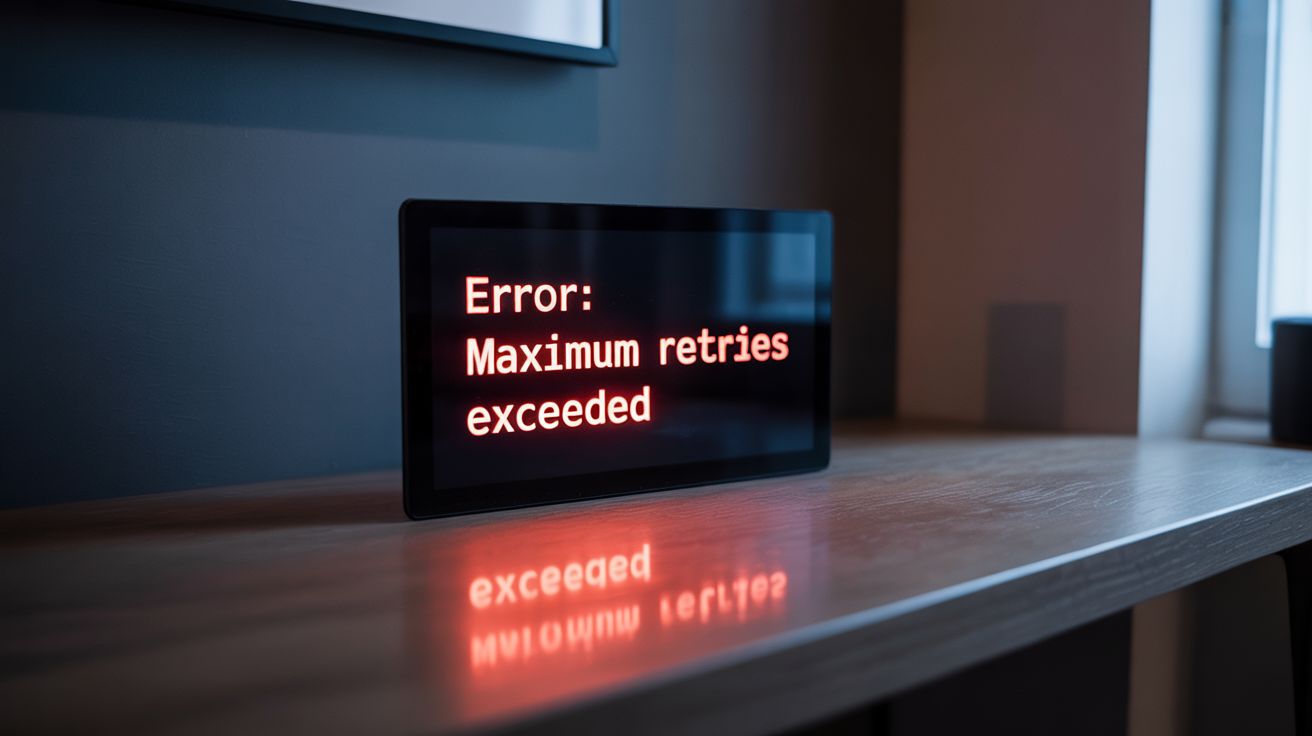I Quit Social Media for 30 Days—My Brain Rewired Itself
The Digital Detox Spark
Remember that feeling of constantly reaching for your phone, even when you knew there was nothing new to see? That was me. I was trapped in a loop of endless scrolling, liking, and commenting. It wasn't just a habit; it felt like an addiction. I'd find myself mindlessly refreshing feeds during dinner, while waiting in line, even during conversations. The constant stream of information, opinions, and perfectly curated lives was overwhelming, leaving me feeling drained and strangely disconnected from my own reality. I knew something had to change.
The final straw was a conversation with a friend who confessed to feeling the same way. We both acknowledged the irony: we were using these platforms to connect with others, yet they were simultaneously isolating us. We talked about the impact on our attention spans, our mental health, and our ability to simply be present in the moment. That's when we decided to take the plunge together: a 30-day social media detox. No Facebook, no Instagram, no Twitter, no TikTok. Cold turkey.
Day 1: The Phantom Vibration Syndrome
The first day was brutal. My hand instinctively reached for my phone countless times, only to be met with a blank home screen where the familiar app icons used to be. It was like a phantom limb sensation, a constant reminder of what was missing. I experienced what I now call "phantom vibration syndrome," feeling my phone buzz in my pocket even when it was silent. The urge to check notifications was almost unbearable, a testament to the powerful grip social media had on my brain.
To combat the cravings, I tried to distract myself with other activities. I read a book, went for a walk, and even attempted to learn a new language using a language learning app. But the pull of social media was always there, lurking in the back of my mind. It was a stark realization of how much time and energy I had been dedicating to these platforms without even realizing it. I even found myself researching new gadgets to distract myself, a clear sign I needed to find healthier coping mechanisms.
Reclaiming Lost Time: Rediscovering Hobbies
As the days went by, the cravings started to subside. The phantom vibration syndrome became less frequent, and I found myself less reliant on my phone for entertainment. I began to rediscover hobbies that I had neglected in favor of social media. I started painting again, something I hadn't done since childhood. I also picked up my guitar and started learning new songs. These activities provided a sense of accomplishment and satisfaction that I hadn't felt in a long time.
The extra time also allowed me to focus on my personal and professional goals. I started working on a side project that I had been putting off for months. I also spent more time reading industry articles and learning about new technologies, like advancements in AI and the latest cybersecurity threats. It was amazing how much more productive I became when I wasn't constantly distracted by social media notifications.
The Attention Span Renaissance
One of the most significant changes I noticed was an improvement in my attention span. Before the detox, I struggled to focus on tasks for more than a few minutes at a time. My mind would constantly wander, and I would find myself checking social media or email every few minutes. After a week or two without social media, I found it much easier to concentrate on tasks for extended periods. I could read longer articles, watch documentaries without getting distracted, and generally be more present in the moment.
This newfound focus had a positive impact on my work. I was able to write more efficiently, solve problems more effectively, and generally be more creative. It was as if my brain had been rewired to prioritize deep work over shallow distractions. I even started using software designed to block distracting websites and apps during work hours, further enhancing my focus.
Mental Clarity and Reduced Anxiety
Beyond the improvement in my attention span, I also experienced a significant reduction in anxiety. The constant exposure to curated content on social media had been subtly fueling feelings of inadequacy and comparison. Seeing everyone else's "perfect" lives made me feel like I was falling behind. Without that constant stream of comparison, I felt more content with my own life and accomplishments.
I also noticed a decrease in the fear of missing out (FOMO). Before the detox, I was constantly worried about missing out on important news, events, or trends. But after a few weeks without social media, I realized that most of that information was irrelevant and didn't significantly impact my life. I started to prioritize real-world experiences and connections over virtual ones, leading to a greater sense of fulfillment and well-being. I even started to question the cybersecurity of some of these platforms, realizing how much personal data I was freely giving away.
Real-World Connections: Strengthening Relationships
The social media detox also had a positive impact on my relationships. I started spending more quality time with my family and friends, engaging in meaningful conversations and activities. Instead of passively scrolling through their social media feeds, I actually called them, met them for coffee, and listened to what they had to say. These real-world interactions were much more fulfilling than any online connection.
I also found myself being more present in social situations. Without the urge to constantly check my phone, I was able to fully engage in conversations and appreciate the company of others. I noticed that people seemed to respond positively to this increased attention, leading to deeper and more meaningful connections. It was a reminder that true connection happens in the real world, not behind a screen.
The Return (and the New Rules)
After 30 days, the detox was over. I had the option to return to social media, but I knew I couldn't go back to my old habits. I decided to reintroduce social media into my life, but with strict rules and boundaries. I unfollowed accounts that made me feel inadequate or anxious. I limited my time on each platform to a specific amount each day. And I made a conscious effort to prioritize real-world interactions over virtual ones.
I also became more mindful of the content I was consuming and sharing. I started to question the authenticity of the images and videos I saw online, and I made a conscious effort to share more genuine and unfiltered content. I also became more aware of the potential risks of social media, such as the spread of misinformation and the erosion of privacy. I even started using privacy-focused browsers and search engines to protect my data from being tracked by social media companies. The advancements in AI are also being used to create "deep fakes" and spread misinformation, so it's important to be vigilant about what you see online.
A Rewired Brain and a Healthier Digital Life
The 30-day social media detox was a transformative experience. It allowed me to break free from the cycle of addiction, reclaim my time and attention, and reconnect with the real world. My brain felt rewired, my anxiety levels decreased, and my relationships strengthened. I learned that social media can be a useful tool, but it's important to use it mindfully and intentionally. It's about finding a balance between the digital world and the real world, and prioritizing experiences and connections that truly matter.
If you're feeling overwhelmed by social media, I encourage you to consider a digital detox. It doesn't have to be 30 days; even a week or a weekend can make a difference. Disconnect from the digital world, reconnect with yourself, and rediscover the joys of real-life experiences. You might be surprised at how much better you feel. Take control of your digital life, before your gadgets and software control you. Consider it an investment in your mental health, your relationships, and your overall well-being. What are you waiting for? Start your detox today!



